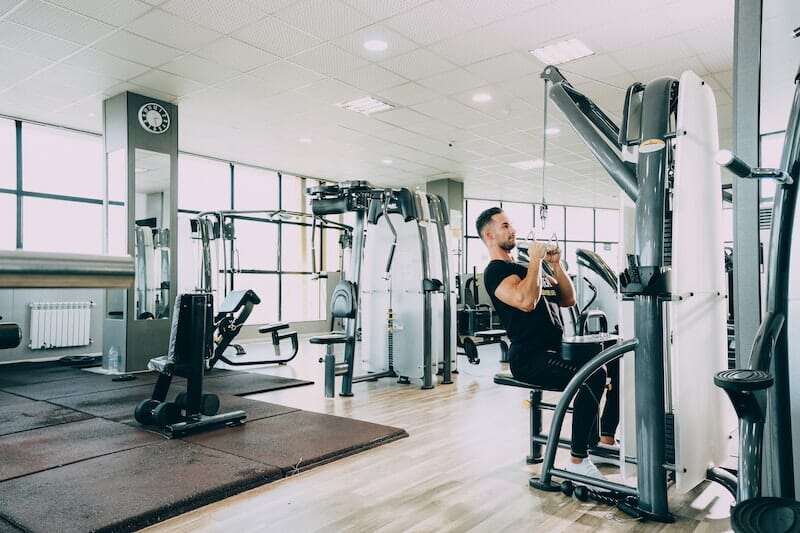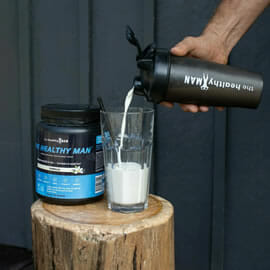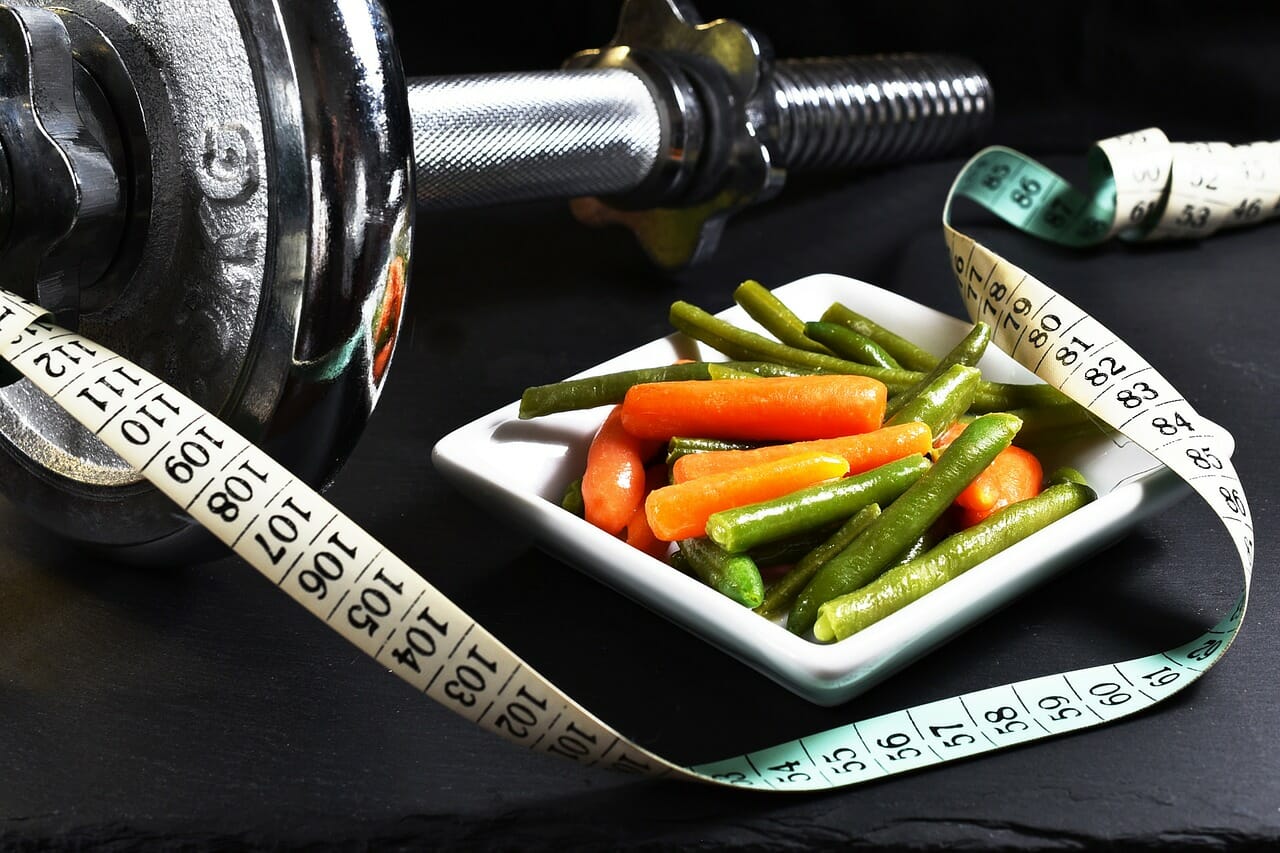Free shipping on orders over $99
BMI and BMR: What are they and how do they help weight loss?
When you’re trying to lose weight there are some numbers that you need to pay attention to. This includes the number on the scales but also things like your Basal Metabolic Rate (BMR) and Body Mass Index (BMI).
You’re BMR and BMI will help you understand the energy you burn, the most appropriate weight loss goal and the number of calories you need to consume to lose weight. But these numbers should only ever be used as a guide.
Find out what these numbers are, how they help you lose weight and what they’re all about below.
What Is Your Basal Metabolic Rate (BMR)
Your Basal Metabolic Rate (BMR) is the number of calories you’d burn if you stayed in bed all day. Please note that you must never eat below your BMR calories every day otherwise you can send your body into starvation mode.
Your BMR decreases as you age so it becomes harder to stay slim as you get older. Likewise, depriving yourself of food in hopes of losing weight also decreases your BMR which is a trap many people fall into.
However, a regular routine of cardiovascular exercise, muscle-building exercises, and metabolism-boosting foods can increase your BMR, improving your health and fitness when your body’s ability to burn energy gradually slows down. You can calculate your BMR below.
The Healthy Man’s nutritionist Mark Surdut APD AN says this about how a BMR impacts weight loss:
“It’s hard to believe, but did you know that even if you remain totally still while lying flat on your back, your body burns (and requires) energy to maintain that position? That energy is measured in calories. Energy requirements range from around 2,000 to 3,500 calories for men aiming to maintain their weight, depending on their activity levels.
An elite athlete may require much more. Hospital dietitians spend much of their time onwards and particularly critical care units like the Intensive Care Units, using complex scientific formulas to calculate what someone’s energy needs are at rest – called the BMR (or Basal Metabolic Rate). The number is influenced by our gender, our weight, and height. Some formulas may take into account age as well. Those energy needs may go up a few notches, if we’re exercising heaps, among other factors. Sounds all complicated? We’ve made it super easy.”
Working Out Your Calories
This calculator will give you your BMR calories but the other number it will give you is your daily energy needs in calories.
Your daily energy needs are the calories your body needs after taking into account your BMR and how much exercise you do.
Once you have these numbers if you’re looking to lose weight you should reduce this by approximately 15 – 20% (this may need to be higher or lower depending on your individual needs and you should use this as a guide – for example, if you are still hungry then eat more, but if you are completely full and satisfied, eat less).
If you have a large amount of weight to lose you may want to reduce calories by more than 20- 25% or if you have a small amount of weight to lose you may want to reduce by only 10%.
Calculate your BMR
Please note these are guidelines only. We always recommend you listen to your body.
How to calculate your BMR manually without a BMR Calculator
Males and females have to use different equations to determine their BMR using this formula on the assumption that males have a higher percentage of lean body weight than females (more lean body weight = increased BMR).
Calculate your Basal Metabolic Rate (BMR) by using one of the following:
Males
BMR = 66 + (13.75 x weight in kg) + (5 x height in cm) – (6.8 x age in yrs)
- If you are sedentary (little or no exercise) : Calorie-Calculation = BMR x 1.1
- If you are lightly active (light exercise/sports 1-3 days/week) : Calorie-Calculation = BMR x 1.275
- If you are moderately active (moderate exercise/sports 3-5 days/week) : Calorie-Calculation = BMR x 1.35
- If you are very active (hard exercise/sports 6-7 days a week): Calorie-Calculation = BMR x 1.525
The Healthy Man’s trainer Ed Stepheson says this of calculating your BMR:
“If your goal is to put on weight or lean muscle, the number of calories you intake needs to be greater than your BMR at a minimum. If you’re exercising daily, you need to factor in calories burned alongside your BMR, and must therefore intake an appropriate amount of calories to remain in a surplus.
On the contrary, if your goal is to lose weight, you simply need to intake fewer calories than your BMR, you need to be in a deficit. If we are consistently exercising, you can work with the number of calories burned and your BMR to calculate how many calories you can intake in order to maintain a deficit.
Regardless of your fitness goal, being aware of how many calories your body burns to operate at rest is very important and can be the difference between success and postponement of your goals.”

How to use your BMR
Once you have worked out your BMR and looked gotten an idea of how many calories you need to consume each day the next step is to create a meal plan to help you reach those calories healthily.
Depending on your regular eating habits this could mean 3 meals and 2-3 snacks a day or maybe you prefer to just eat a selection of smaller meals rather than the 3 main meals a day. However, you plan out meals you should keep your BMR calories in mind, especially when trying to lose weight.
If you find you are still hungry most days and have hit your daily calorie intake as per your meal plan then you may have a calorie intake and you may need to adjust your plan accordingly.
On the other hand, if you’re getting to the end of your meal plan for the day and just feel really full, or you aren’t quite eating it all you may need to consume fewer calories, and therefore adjust your meal plan accordingly.
What is your Body Mass Index (BMI)
BMI, or Body Mass Index, is a measurement that uses a scientific formula to determine a person’s safest, healthiest weight based upon their weight and height. Having a high BMI can be associated with serious health risks including:
- Obesity
- Heart disease
- Diabetes
- Cancer







